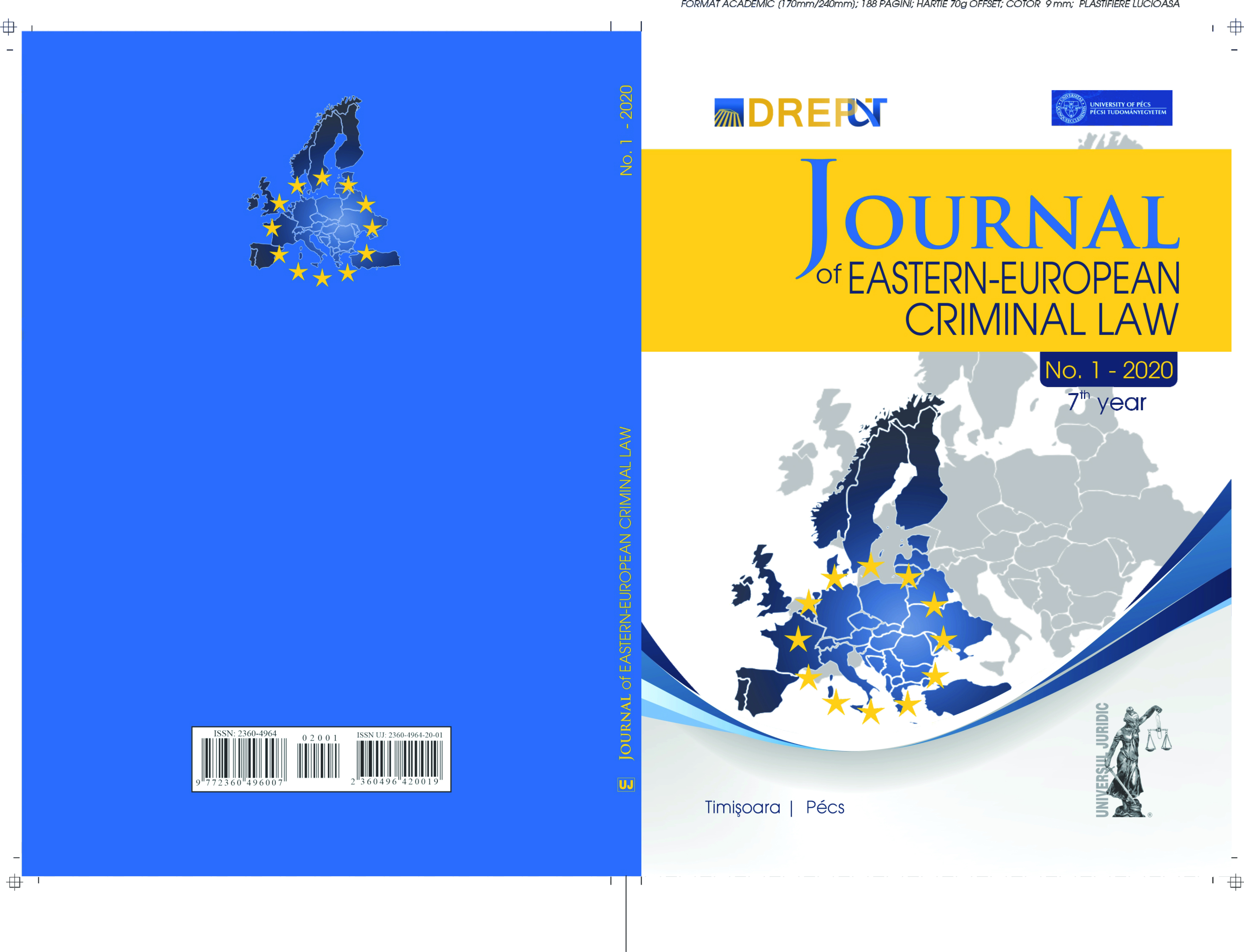The Importance of Thought Experiments
The Importance of Thought Experiments
Author(s): Dragana ĆorićSubject(s): Law, Constitution, Jurisprudence, Civil Law
Published by: Universul Juridic
Keywords: thought experiment; imagination;
Summary/Abstract: Living in the world of legal norms seems to be easy: you have rules of conduct that guides you how to behave in a lot of life situations, and what will happen to you if you do not obey. Legal norms are predicting the future, in a certain way, and giving us the guidelines how to avoid punishment for breaking the rules. But what happens when there are no specific guidelines how to react in certain situations? Although the legal system tends to cover with its rules all areas of social life, t here i s always a gap, a situation that could not been foreseen at the time of making that regulation. These gaps could be spanned by subsequent editing, i.e. by adopting subsequent rules of conduct. In order to predict an event that may occur, and to predict human behavior in these situations as well as human response to punishment that threatens to violate a rule, it is good to conduct a thought experiment. The basis of a thought experiment can be a completely fictitious and even currently impossible event, or a variation of some of the known and possible events. Laying such a foundation is further important because of the prediction of people's behavior in certain situations, human response to certain external and internal stimulis, especially when it comes to punishment. In order to properly conduct a thought experiment, we need to precisely define the premise, which are the event and behavior we want to examine. That is why the key question when formulating a thought experiment is "what if". The answers to this question can be numerous, but each will start with "then it is possible", "then it will be", “it could be” or something similar. The answers will differ in terms of content only on the basis of the values, beliefs and attitudes of the one who answers the question "what if". In our paper, we will briefly present the concept of a thought experiment, its internal structure, types and, by giving some examples, encourage readers to bemore informed about this topic.
Journal: Journal of Eastern European Criminal Law
- Issue Year: 2020
- Issue No: 01
- Page Range: 127-135
- Page Count: 9
- Language: English
- Content File-PDF

